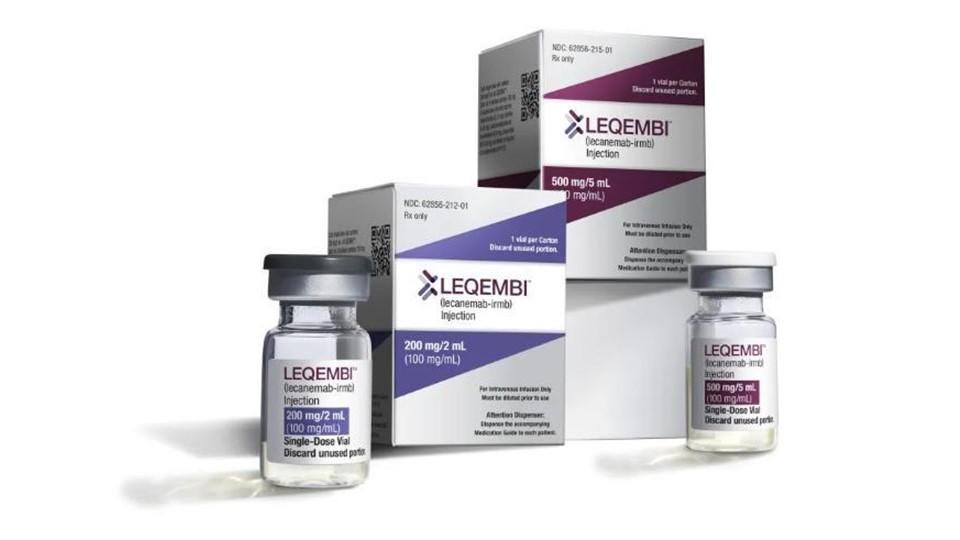Yesterday the US Food and Drug Administration granted full approval to Eisai and Biogen’s Leqembi (lecanemab-irmb), making it the first approved Alzheimer’s treatment clinically shown to slow disease progression and cognitive and functional decline. Though these benefits are modest – Leqembi reduced clinical decline on the Clinical Dementia Rating Sum of Boxes (CDR-SB) by 27% at 18 months compared to placebo – they are nonetheless a significant milestone in treatment for the neurodegenerative disease.

Under the approved Biologics License Application, the drug is cleared to be used intravenously in early AD patients.
Crucially, the announcement was also accompanied by confirmation from the Centers for Medicaid and Medicare Services that it would cover the therapy more broadly in the wake of the decision. Since the controversy surrounding Leqembi’s predecessor, Aduhelm, CMS has been very limited in its coverage of amyloid-targeting Alzheimer’s drugs.
“Today marks a breakthrough in the treatment of Alzheimer’s disease, and we are proud to be at the forefront of ushering in a new era of advances for a disease that was previously considered untreatable. We would like to express our sincere appreciation to those who have worked tirelessly to find a treatment for this unrelenting disease, without whom this progress would not be possible,” said Christopher A. Viehbacher, president and CEO of Biogen, said in a statement. “Our focus is now on the path forward, working alongside Eisai with the goal of making Leqembi accessible to eligible patients as soon as possible.”
“Alzheimer’s disease is a progressive, fatal disease that greatly impacts not only the people living with it, but also their loved ones, care partners and society,” added Eisai CEO Haruo Naito. “We continue to work to create broad and simple access to LEQEMBI for patients and to support diagnosis and treatment at the early stage of the disease. Eisai will diligently work to educate physicians on the safe and appropriate use of LEQEMBI to maximise its benefit to people living with early AD and their families.”
Today’s news was expected following the unanimous support Leqembi received from an FDA Advisory Committee last month. The panel found that the risk-to-benefit profile for the drug was acceptable in various patient subgroups, including patients with two copies of apolipoprotein E (ApoE) ε4 gene, on anticoagulants or with cerebral amyloid angiopathy, who seem to be at elevated risk of side effects, and particularly potentially life-threatening amyloid-related imaging abnormalities (ARIA).
Nonetheless, it’s something of a vindication for Eisai and Biogen, whose previous amyloid-targeting drug Aduhelm ended up mired in controversy and ultimately proved a commercial failure. While the safety questions aren’t settled, the outlook is looking decidedly more optimistic, and this approval should bode well for Eli Lilly’s upcoming donanemab as well as further innovation in this space in the future.
